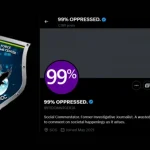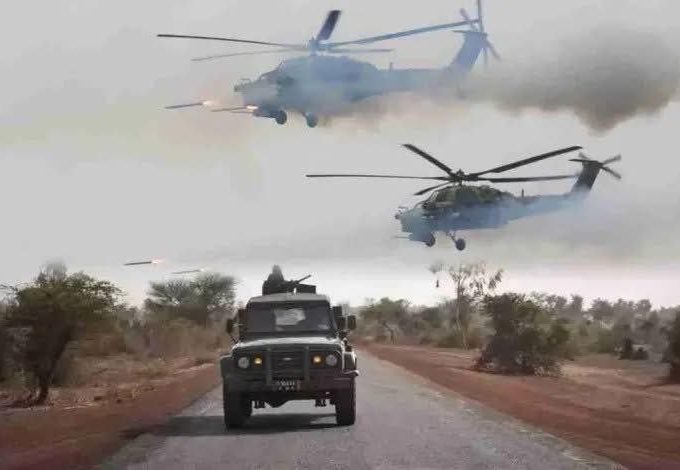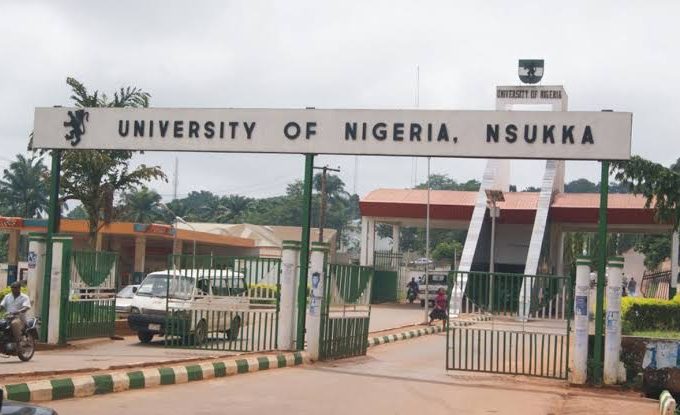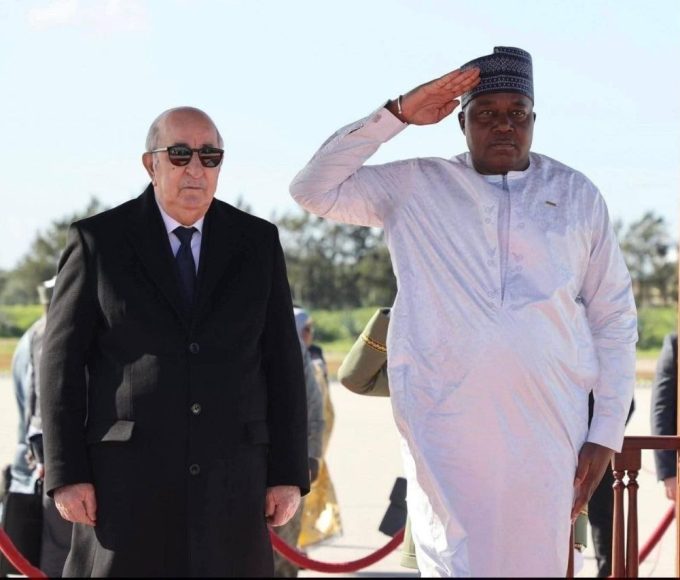
Herders Attacks Resume In Southwest As Governors Fail To Enforce Ban On Open-Grazing
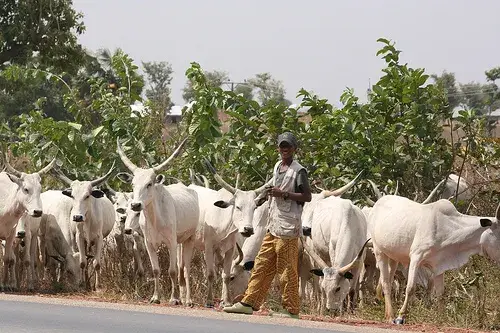
On May 11, 2021, 17 governors in Nigeria’s Southern region converged in Asaba, Delta State, to discuss issues confronting the region, chief of which was insecurity. At the end of the meeting, the governors unanimously declared a ban on open grazing of cattle in their respective states. This, they explained, was aimed at checking the relentless wave of violence plaguing their states, particularly attacks on farmers and rural communities by marauding criminal herders of the Fulani ethnic group.
The 12-point communique, nicknamed the ‘Asaba Accord’, was read by the late Rotimi Akeredolu, former governor of Ondo State and then Chairman of the Southern Governors Forum.
“The governor noted that development and population growth have put pressure on available land and increased the prospects of conflict between migrating herders and local populations in the South. Given this scenario, it becomes imperative to enforce the ban on open grazing in the South (including cattle movement to the South by foot),” the communique read.
The meeting was called at a time when there was a surge of attacks on farmers and rural communities by criminal herders in the Southwest, although it has been a persistent problem for decades in the Middle Belt region. The herders killed, maimed, and raped while their cattle encroached on farmlands to eat crops.
Former President Muhammadu Buhari, in statements reeking of ethnic jingoism rather than concern for national unity, defended the herders and vowed to help them “recover grazing routes”. This made the conflict fester, provoking protests and threats of secession from a self-appointed advocate for the Yoruba nation.
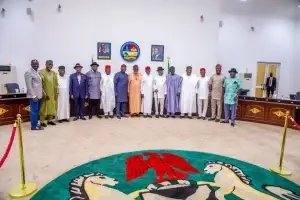
The various laws banning open grazing provided prison sentences for violators. In addition, Governor Seyi Makinde of Oyo State promised to set up a task force to enforce the law in the state.
However, despite the unanimous ban on open grazing and the laws criminalising the practice in each state, open grazing has not stopped in the Southern region, as the governors have failed to enforce the laws in their states. West Africa Weekly observed a resurgence in attacks on farmers and invasion of farmlands by herders in the Southwest region.
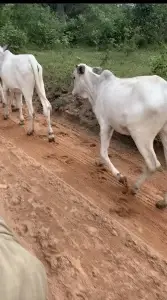
For instance, in Makinde’s Oyo State, farmers in the Ogbomoso area of the state earlier this year, staged a protest at the palace of the Soun of Ogbomoso over what they described as incessant attacks on farmers by Fulani herders. They staged the protest after the herders killed two people – a farmer and a fresh university graduate – in separate attacks within two weeks.
The farmers who marched from three different local government areas and converged at the monarch’s palace say they fear going to their farms for fear of attacks.
Last month, an X-user, Enioluwa, shared a video of her husband’s farm in the Ijebu-Ode, Ogun State, destroyed by cattle. “Look at what herdsmen and their Cattle did to our farm. How long do we continue like this? These people will look for troubles and still attack you first. This is a deliberate act. This is our third time planting maise this year without harvesting any. My husband just planted some potatoes yesterday, and they have destroyed everything. What kind of country is this?” she lamented in her post.
Also, in the Owode area of Ogun State, another farmer, Daniel Anavhe, fled his farm after herders killed one of his workers and kidnapped his son for a ransom.
Last month, herders reportedly invaded a farm settlement in the Irewole Local Government Area of Osun State and destroyed several hectares of farmlands. The government owns the settlement and allocates portions of land to smallholder farmers.
“I have expended a lot on this farm from clearing, cutting trees, planting, workmanship, and others. The headers damaged all the maise on the hectares of land and cassava due for harvest. Not one stick of either corn or cassava was standing when I got to the farm,” one of the farmers, Akinade Matthew, recounted to The Nation.
West Africa Weekly reported last week that women in the Akoko Southwest Local Government Area of Ondo State protested half-naked over the resurgence of kidnapping and killing by herders. Multiple farmers in Ondo State have been killed by herders last month. One of the victims was 15-year-old Gbadamosi, who was murdered in the Ogudu Farm Settlement.
The story is the same in Ekiti State, where even the governor has lamented helplessly the destruction of farmlands by Fulani herders. Farmlands owned or invested in by the state government, particularly in the Ikole Local Government Area of the state, are being destroyed by herders.
Persistent attacks on farmers by killer herdsmen, especially in the Middle Belt, have reportedly contributed to the food insecurity in Nigeria as some farmers have abandoned their farmlands. A similar fate is gradually befalling farmers in the Southwest region.
About The Author
Related Articles
Malian Army Says Dozens of Militants Killed in Airstrikes in Segou Region
Mali’s armed forces say they have killed about twenty suspected militants during...
ByWest Africa WeeklyFebruary 19, 2026Nigeria Approves 33 New Universities While Education Quality and Jobs Remain in Crisis
Nigeria has approved 33 new universities, bringing the total number of sanctioned...
ByWest Africa WeeklyFebruary 19, 2026Gabon Suspends Social Media “Until Further Notice” Amid Rising Unrest
Gabon’s media regulator has announced the suspension of social media platforms nationwide,...
ByWest Africa WeeklyFebruary 18, 2026Niger’s Tiani Visits Algeria in Bid to Strengthen Ties and Revive Key Projects
Abdourahamane Tiani, Niger’s head of state, is on an official visit to...
ByWest Africa WeeklyFebruary 18, 2026







